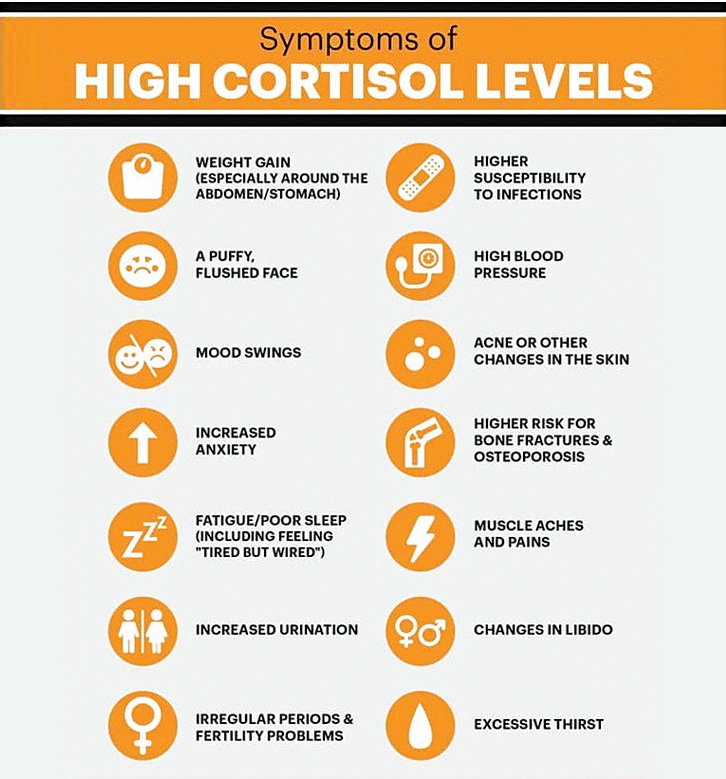 Feeling stressed out and exhausted? You might be tempted to blame the infamous “stress hormone” known as cortisol.
Feeling stressed out and exhausted? You might be tempted to blame the infamous “stress hormone” known as cortisol.
There’s a lot of information and theories about cortisol floating around. For instance: You can lower cortisol levels with a nice cup of tea or — even better — chocolate.
But it’s not that simple. While nutrition is absolutely important for coping with stress and supporting your mood, there’s no single food that’s going to do it all. You have to look at the whole lifestyle picture. Taking everything like that into account is more important than ever right now as we deal not just with the stress from the ongoing coronavirus pandemic, but the emotional ups and downs that come with it.
CORTISOL AND STRESS
Cortisol is one of several hormones the body produces naturally. Cortisol levels do go up when you’re stressed. But it doesn’t deserve its bad rap. Cortisol supports overall health. It helps us wake up, gives us energy during the day and lowers it at night to help us sleep and rest.
The problem arises when chronic stress keeps cortisol levels high for the long haul. High cortisol levels over weeks or months can lead to inflammation and a host of mental and physical health problems, from anxiety to weight gain to heart disease.
 CAN FOODS REDUCE CORTISOL?
CAN FOODS REDUCE CORTISOL?
Yes, no and maybe. Some research suggests that foods like tea, chocolate and fish oils might lower cortisol. But such studies tend to be small and not very conclusive. You’re unlikely to balance cortisol levels by adding anchovies to your pizza or eating a Hershey bar, but good nutrition can make a difference.
Cortisol interacts with neurotransmitters, the chemical messengers that send signals in the brain. Neurotransmitters play an important role in mood. And cortisol isn’t the only compound that influences them. To make those neurotransmitters, you need all the raw ingredients: vitamins, minerals and other nutrients.
The best way to get them is with a balanced, plant-heavy diet, such as the Mediterranean diet. A healthy diet is important to stress management. A balanced meal plan can ensure you’re getting the nutrients your body needs.
REDUCING CORTISOL NATURALLY
Here are some go-to strategies that are good for the body and the mind.
• Exercise – Exercise benefits health from head to toe. So it’s no surprise that it helps with stress relief, too, possibly by reducing cortisol levels. Studies show, for instance, that exercise can bring down cortisol levels in the elderly and in people with major depressive disorder.
• Sleep – Almost nothing beats a good night’s sleep. When you’re not sleeping well, you tend to be more anxious, irritable and stressed. Like exercise, sleep is important for health in all sorts of ways — including managing stress and keeping cortisol in check.
Sleep deprivation may increase cortisol levels. The increased cortisol can impair memory, contribute to weight gain and even accelerate the aging process.
• Nature – Spending time in the great outdoors is a great way to lower cortisol and calm your brain. Hanging out in the woods and breathing the forest air can reduce cortisol levels and lower stress. Just remember topack your bug spray, so the mosquitoes don’t stress you out. Practices like yoga, tai chi, meditation and breathing exercises can be great stress busters. Research has found, for example, that mindfulness-based stress reduction therapy can lower cortisol and feelings of stress. And yoga can bring down high cortisol levels, heart rate and blood pressure.


